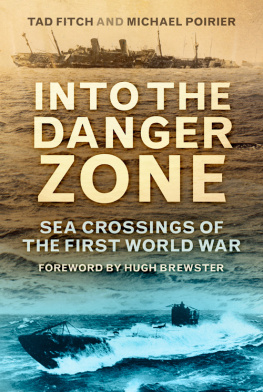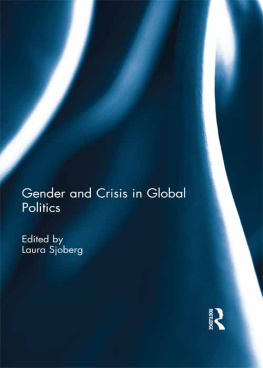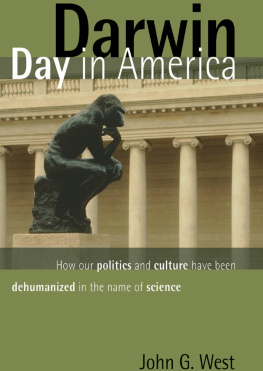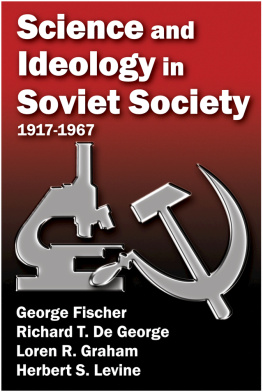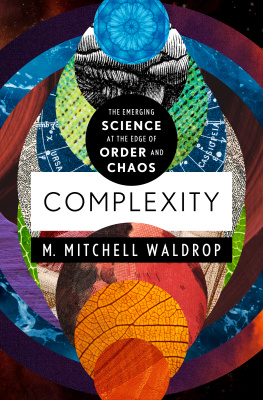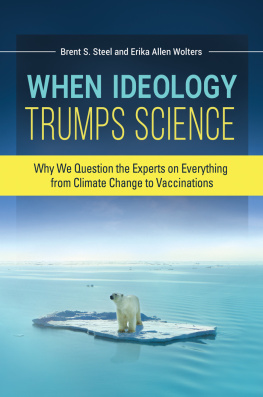shmexperts
how ideology and power politics are disguised as science
marc e. fitch

shmexperts
Copyright 2015 by Marc E. Fitch
All rights reserved. No part of this book may be reproduced in any form or by any means electronic, mechanical, photocopying, scanning, or otherwise without permission in writing from the publisher, except by a reviewer, who may quote brief passages in a review.
Unless otherwise indicated, Scripture quotations are from the NEW AMERICAN STANDARD BIBLE, The Lockman Foundation 1960, 1962, 1963, 1968, 1971, 1972, 1973, 1975, 1977, 1995.
Used by permission.
Published by WND Books, Washington, D.C. WND Books is a registered trademark of WorldNetDaily.com, Inc. (WND)
Book designed by Mark Karis
WND Books are available at special discounts for bulk purchases. WND Books also publishes books in print formats. For more information call (541) 474-1776 or visit www.wndbooks.com.
Hardcover ISBN: 978-1-936488-88-9
eBook ISBN: 978-1-936488-89-6
Library of Congress Cataloging-in-Publication Data
Fitch, Marc E.
Shmexperts : how ideology and power politics are disguised as science /
Marc E. Fitch.
pages cm
Includes bibliographical references and index.
ISBN 978-1-936488-88-9 (hardcover) -- ISBN 978-1-936488-89-6 (e-book) 1. Science in mass media--United States. 2. Science--Political aspects--United States. 3. Expertise--Political aspects--United States. 4. Specialists--United States. I. Title.
P96.S332U64 2015
306.45--dc23
2014048410
For my parents, Ed and Paulette Fitch
contents
acknowledgments
First and foremost I would like to thank my wife, Erin, for all her love and support through the years. I would also like to thank the Robert Novak Journalism Fellowship and The Fund for American Studies for supporting my work. Special thanks to Zachary Janowski and Mollie Hemmingway for their support and help opening doors for me that might have been previously closed. A big thank you to Geoffrey Stone and WND Books for giving me this opportunity, as well as the copy editors that put the finishing touches on this book. Last, but not least, I would like to thank those who were kind enough to answer some of my questions and offer their opinions for this work.
introduction
vienna and the gulf
A man going quietly about his business all day long expends far more muscular energy than an athlete who lifts a huge weight once a day. This has been proved physiologically, and so the social sum total of everybodys little everyday efforts, especially when added together, doubtless releases far more energy into the world than do rare heroic feats. This total even makes the single heroic feat look positively miniscule, like a grain of sand on a mountaintop with a megalomaniacal sense of its own importance.
robert musil
[B]ut its just that a man of culture is bored with the alleged wonders of purely material ingenuity. He simply refuses to get excited about plumbing.
ayn rand
On the night of April 20, 2010, the Deepwater Horizon oil drilling rig suffered an explosion and fire that would leave eleven men dead and begin a massive underwater oil leak in the Gulf of Mexico that would last for the next eighty-seven days. Deepwater Horizon was drilling the Macondo underwater well and had reached a depth of 18,360 feet when the crew a month behind schedule and facing numerous difficulties decided it was time to end the drill and move the rig to new territory. The well had been sealed and, as far as the experienced crew could tell at the time, everything was fairly normal. However, the concrete seal on the well ruptured, and gas blew up the drill line. The blowout preventer failed to stop the onslaught, and the resultant explosion eventually capsized the rig and left a gusher of oil pouring from the bottom of the Gulf of Mexico.
It was to be one of the worst environmental disasters in U.S. history and one that would, frighteningly, call into question humanitys ability to control its own technology. Could humanity marshal the will, technology, manpower, and knowledge necessary to stop a vast underwater geyser that threatened an ecosystem and an entire regions economy?
Deepwater Horizon was owned by TransOcean but was under lease by BP (British Petroleum), one of the worlds largest corporations. Following the initial response to the loss of life, the fire, and the subsequent sinking of the rig, it became apparent that thousands of barrels of oil were flowing to the surface from three separate locations in the Macondo well. By law, BP was on the hook for all cleanup costs and damages. They set up an operations command in Houston, Texas, and a flotilla of ships, skimmers, and support watercraft was dispatched to the Macondo site. The media were slow to catch on to the true extent of the situation, but in the weeks to come, this leak would become the biggest story of the year.
The rest, as they say, is history; there is virtually no end to news articles, scientific papers, and blogs regarding the BP oil leak in the Gulf of Mexico. Joel Achenbach beautifully captured the eighty-seven-day ordeal in his book A Hole at the Bottom of the Sea, and for the purposes of this work there is no need to relive those days. We were all there; we watched for nearly an entire summer as a black geyser spewed crude oil into the idyllic Gulf of Mexico. It was a surreal time: fires were burning on the waters surface, the president was talking about kicking someones ass, BP CEO Tony Hayward was yachting, and we were beset by new technical jargon, like junk shot, top kill, static kill, and relief well. It was a modern-day suspense novel played out in reality with massive stakes: big multinational corporations, the U.S. government, scientists and engineers, working men and women suffering on the Gulf Coast, and birds and turtles covered in black grime. It spurred intrigue, conspiracy theories, anger, lawsuits, and fear.
But there was something insidious lurking in the coverage of the Deepwater Horizon blowout, manifesting itself in the undercurrent of society, media, and technology. It was the failure of the experts to not only solve the problem but more important, to assess and communicate it to the American public as well. A rift began to emerge in the illusion that the best among us, the most highly educated, the people with the numbers and in the know, can solve the problems that society and the world face. The twenty-four-hour media cycle propagates a delusion that anonymous experts can accurately assess a situation or problem and dispense an answer with abilities that would confound the average Joe or Jane. The BP oil leak added a political element. A new president, already facing a number of difficulties, had to win the confidence of an American public that soured on government disaster intervention following Hurricane Katrina. The mix of politics, public outcry, the news media, and technology created an illusion of security meant to comfort the masses. But things were not going well, and the mirage was fading. Achenbach, himself a member of the media elite a writer for the Washington Post addressed this issue in some knowing asides throughout his work:
What this political climate meant for the Obama administration was that it would not only have to handle the disaster effectively but also would need to be perceived as handling it effectively. Obama had to get the right people in place, doing all the right things, and he also needed to appear to be fully engaged. Image management isnt a crime, its sensible politics and necessary to the extent that it would bolster public confidence in the response.
Next page

